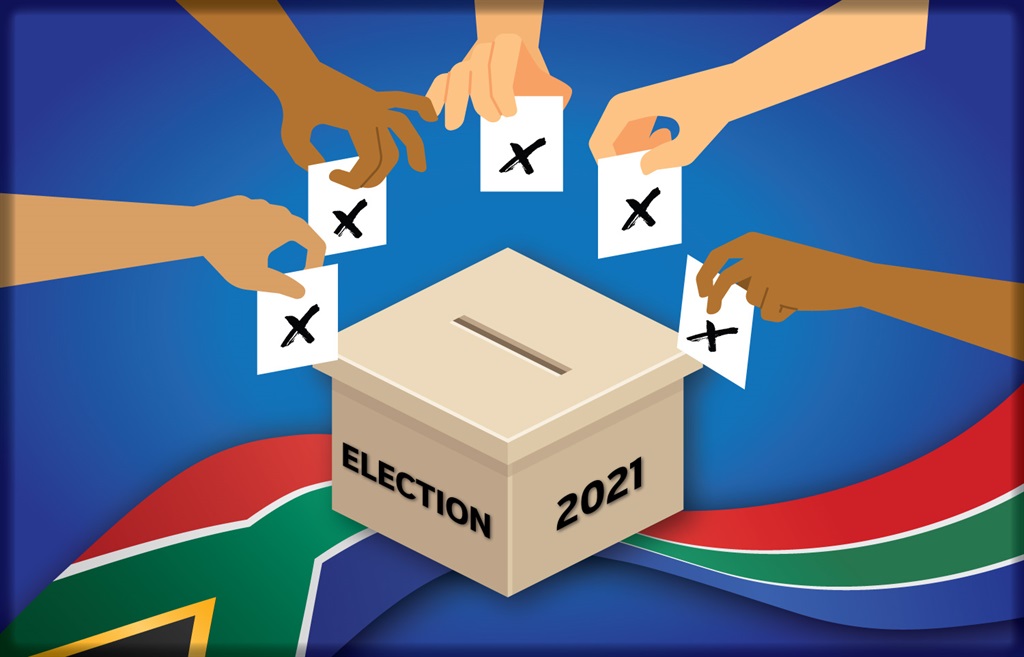
Political parties need to come up with stringent internal leadership selection criteria to ensure the leaders they send to public office are credible people who are less likely to turn against the public good, writes Ongama Mtimka.
As a new term of local government dawns on South Africa, ways to better manage the debilitating political environment municipalities find themselves in should be explored to ensure better performance going forward.
This sphere of government is mainly in a state of collapse if reports by the Auditor-General, among others, are anything to go by. The situation needs to be rectified if the local government is going to achieve its objectives as defined in the Constitution. The United Nations Development Programme's efforts in promoting electoral democracy at the local level, together with the IEC, are quite commendable. What comes next is to strengthen the capability of this sphere.
Much of the challenges experienced in municipalities result from the nexus between politics and its administrative arm. Municipalities are politically charged by design as both legislative and executive authority is vested in municipal councils, as section 151(2) of the Constitution prescribes.
The Local Government Municipal Systems Act, 32 of 2000, entrenches the political structure of municipalities, stating that a municipality consists of not just "the political structures and administration of the municipality [but also] the community of the municipality".
Three critical parts of a municipality
The implications of the clarity provided in the systems Act are that the three constitutive parts of municipalities, namely council, the administration, and the community, are equally important when making municipalities work.
For the intended purpose to prevail, a culture of mutual respect needs to be nurtured, and the tendency to dominate over others needs to be curbed. Politicians in municipal councils need to continue to work with their communities and their fellow councillors and municipal officials to achieve municipal goals.
The superiority complex that councillors sometimes have over municipal officials should be discouraged as it leads to relations characterised by disrespect and humiliation. It is most unproductive when it characterises relations between Members of the Mayoral Committee and their Executive Directors or between the Mayor and the Municipal Manager.
There is also a more comprehensive range of other political factors which have a bearing on how municipalities operate other than the structural issues cited above. They include the nature of the configuration of seats in the council, the internal party politics of the governing party or parties, and the challenges in the relationship between party and state. They all form part of the overall political environment in which municipalities operate.
READ | Adriaan Basson: The end of elite politics as we know it
When it comes to seats in council, the dominant party system gives way to pluralistic politics in local government, especially in many metros and is perhaps a foretaste of things to come in provincial and national elections.
A vital feature of this has been the rise in coalitions, and the manifestation of a process one calls dynamic fragmentation among smaller parties. Coalitions are messy but may result in greater accountability than the dominant party system. The continued representation of smaller parties also shows that proportional representation works as a system of aggregating voter preferences in council.
Internal party politics of governing parties or coalition leaders have a significant bearing on the stability of council and the administration. It has been common to have party-based divisions translate to disharmony in various municipal councils in recent years. In terms of those, members of a governing party would find better alliances with opposition parties and vote with them on specific contentious issues, either in defence of an important principle or to spite opposing factions.
Micro-management
The nature of the relationship between party and state has received significant scholarly attention in South Africa, with a tension between oversight and interference highlighted. Indeed, parties have vested interests in municipal performance because they seek to ensure that their manifestos and policies are implemented.
However, a significant aspect of what has been purported to be oversight has turned out to be micro-management of political office bearers and political interference by parties on administrative processes.
READ | Mpumelelo Mkhabela: If we must have coalition governments, it must be one we deserve
To curb political interference, it is crucial to hire section 57 employees or directors who are competent to do their jobs and who are not going to be easily swayed by ill-meaning politicians. Directors who feel strongly that they deserve their positions are unlikely to feel indebted to politicians and will tend to be less likely to compromise their careers through risky transactions.
Above all, political parties will need to come up with more stringent internal leadership selection criteria to ensure the leaders they send to public office are credible people who are less likely to turn against the public good. Leaders will always have weaknesses because they too are human, but a lot can be done by parties to curb being used as pathways to power by unscrupulous politicians who do not seek to
An enabling political environment is greatly needed if municipalities are going to fulfill their objects as outlined in the Constitution and overcome the debilitating effects of overbearing politicians.
- Ongama Mtimka is a political analyst based at the department of History and Political Studies in the Faculty of Arts at Nelson Mandela University. He writes in his personal capacity.
Disclaimer: News24 encourages freedom of speech and the expression of diverse views. The views of columnists published on News24 are therefore their own and do not necessarily represent the views of News24.



















